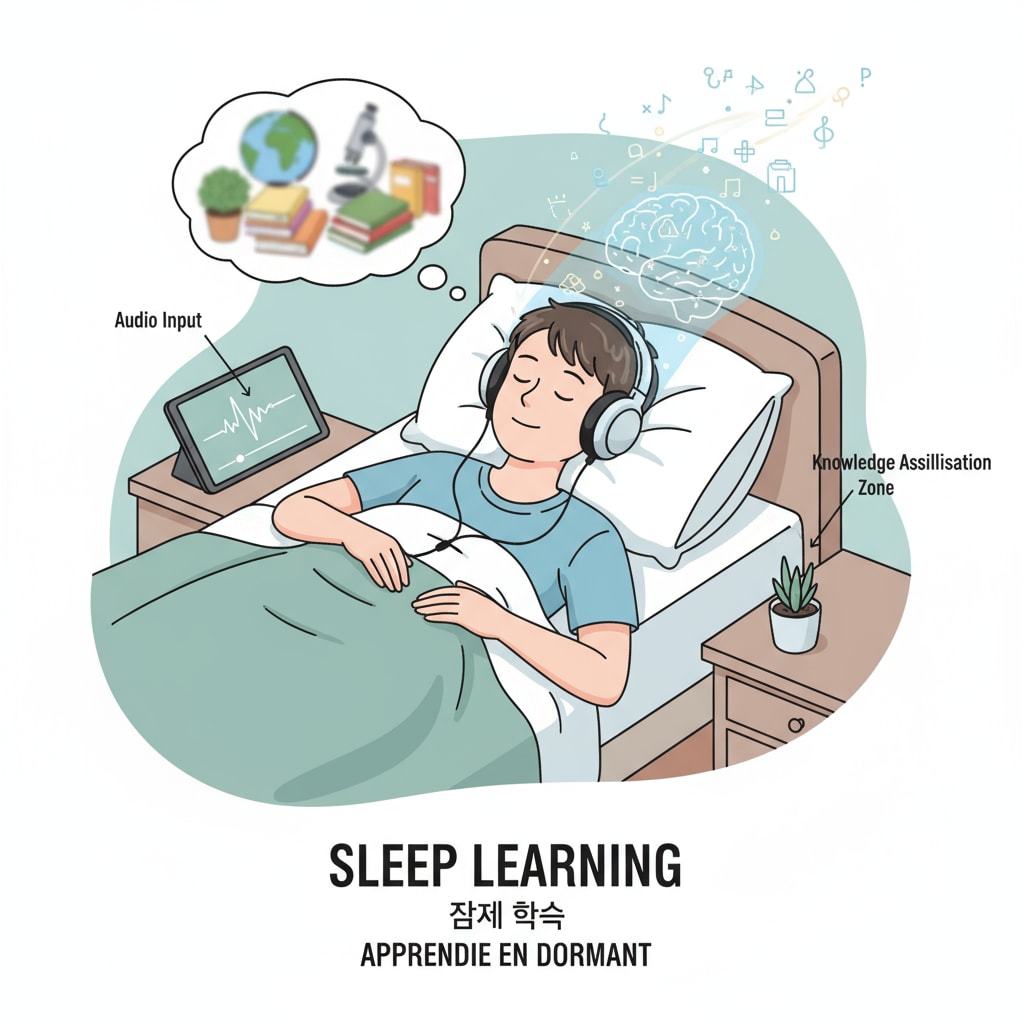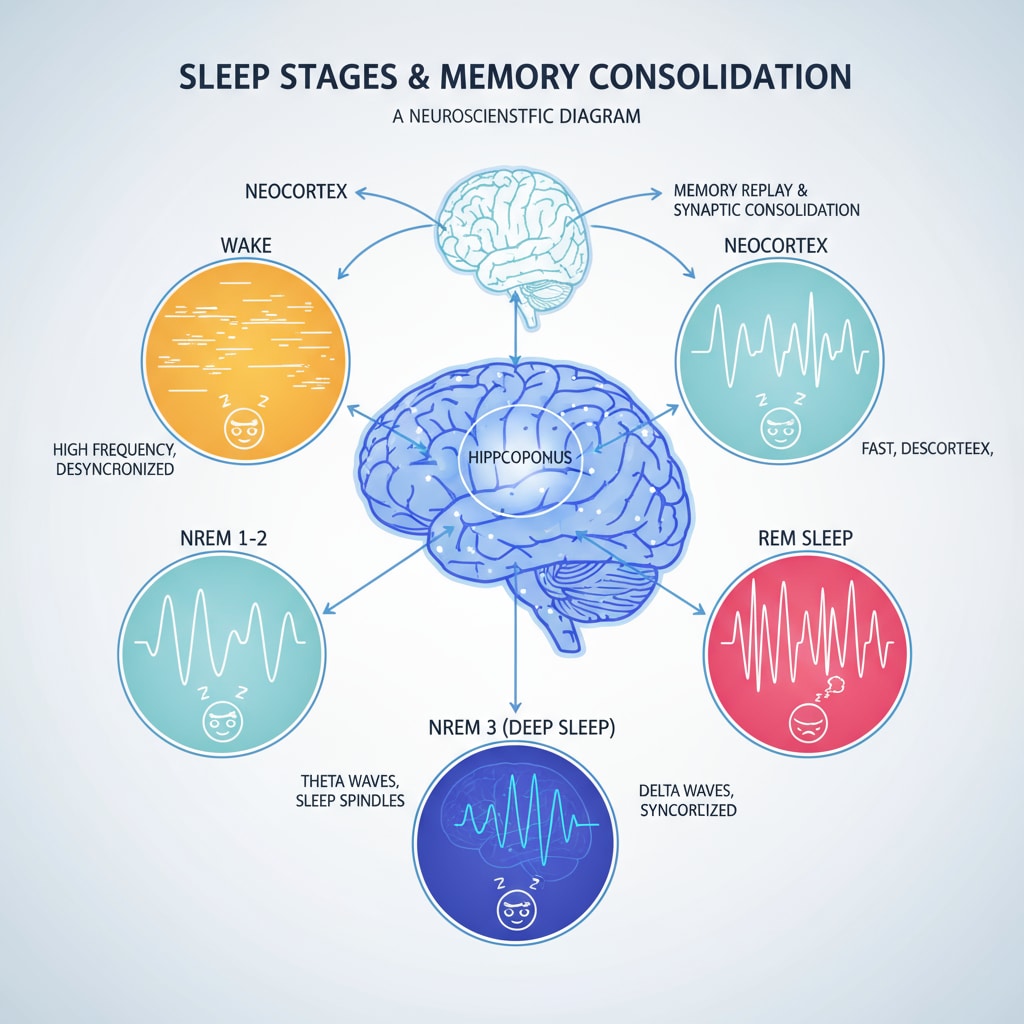Sleep learning, memory formation, and passive learning have long intrigued educators and parents alike in the realm of K12 education. The idea of acquiring knowledge while sleeping sounds like a dream come true, but is there any scientific basis to it? Let’s take a closer look.

The Science of Memory Formation During Sleep
Sleep is not just a time for the body to rest; it plays a crucial role in memory consolidation. According to Britannica, during sleep, the brain replays and strengthens the neural connections formed during the day. This process is essential for transferring short-term memories into long-term ones. For example, when a student studies math formulas during the day, sleep helps in solidifying those memories. However, it’s important to note that not all memories are equally enhanced during sleep. Memories associated with emotions or strong sensory experiences seem to have an advantage.

The Concept of Passive Learning in Sleep
Passive learning during sleep, often referred to as sleep learning, involves exposing the sleeping individual to information, such as through audio recordings. The hope is that the brain will absorb and process this information without the conscious effort of the learner. But as Wikipedia points out, the brain’s state during sleep is complex. While it can detect some external stimuli, it’s not fully receptive to new information in the same way as when awake. In fact, most studies suggest that the effectiveness of sleep learning is limited. For instance, simply playing a language audio while sleeping may not lead to significant language acquisition.
Despite its limitations, there are some potential scenarios where sleep learning could be useful. For example, in reinforcing previously learned information. If a student has already studied a topic in class, playing related audio during sleep might help in strengthening those memories. Additionally, for relaxation and stress reduction, listening to calming sounds or positive affirmations during sleep could have a beneficial impact on the learner’s mental state.
Readability guidance: We’ve explored the science behind sleep learning, memory formation, and passive learning. It’s clear that while sleep has a role in memory, the idea of extensive learning during sleep remains more of a myth than a proven educational strategy. Educators and parents should approach sleep learning with a balanced perspective, understanding its potential and its limitations.


